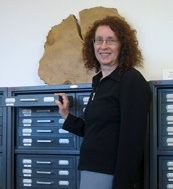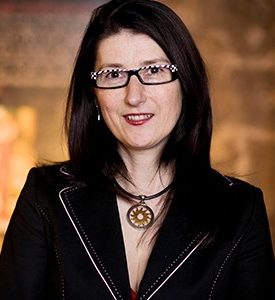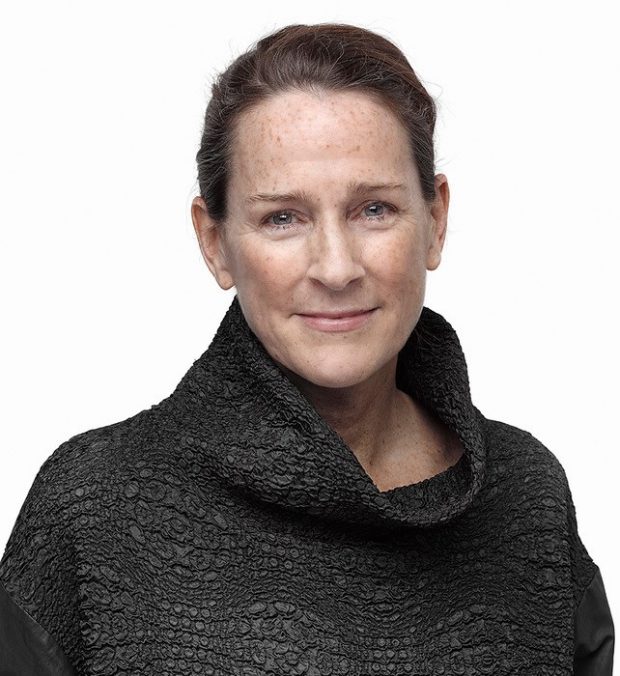MODERNISMS,
INSIDE & OUT
Online
30 September – 2 October 2021
Kathleen Munn (1887-1974), Untitled (Cows on a Hillside), c. 1916, oil on canvas, 78.7 x 104.1 cm, AGO Purchased with funds donated by Susan and Greg Latremoille, Toronto, 2006, 2006/85
This conference is a collaboration between Concordia University, the Art Gallery of Ontario, the McMichael Canadian Art Collection and Ryerson University’s Modern Literature and Culture Research Centre.
The 4th CWAHI conference
September 30 – October 2, 2021
Online
In September 2021 the McMichael Canadian Art Collection will launch Uninvited, a major exhibition on women and art in the 1920s and 30s. The exhibition offers an important opportunity to reassess women’s visual and material engagements with the modern as a cultural force in Canada.
The social changes effected by modernization brought significant advances for many women: full legal personhood, new careers, the vote, and increasing opportunities for public and artistic leadership. For others, however, modernity brought exclusion and repression. As racialized rhetoric intensified, immigration policy tightened and settlers sought to eliminate Indigenous cultural expression or confine it to the past. Economic transformation endangered pre-industrial ways of life and their attendant cultural forms, but also stimulated new kinds of artistic production.
How did the visual and material cultures of Canadian women position them inside and out of the modern? And how does the art that women made turn modernism itself inside-out?
A rich history of scholarly investigation exists to support this inquiry. In the 1980s and 90s, feminist scholars of European and American art critiqued modernism and the cultural apparatus that supported it, arguing that women had effectively been constituted as modernism’s excluded other. Since then, investigations of anti-modernism as a cultural force in Canada have called attention to the political, linguistic, and economic tensions that led many to search for alternatives. Most recently, studies of multiple modernities and global modernisms have asked us to rethink the boundaries and priorities of a field of study too-long defined by Euro-American exemplars. What new insights emerge when we bring the focalizing lens of Canadian women’s experiences to these discussions?
This conference is a partnership between Concordia University, the Art Gallery of Ontario, the McMichael Canadian Art Collection, and Ryerson University’s Modern Literature and Culture Research Centre.
Sponsors
This conference would not be possible without the support of our sponsors and we thank them sincerely for their generosity.
- The Gail and Stephen A. Jarislowsky Institute for Studies in Canadian Art (principal sponsor)
- Office of the Vice President of Research and Graduate Studies, Concordia University
- The McMichael Canadian Art Collection
- The Art Gallery of Ontario






